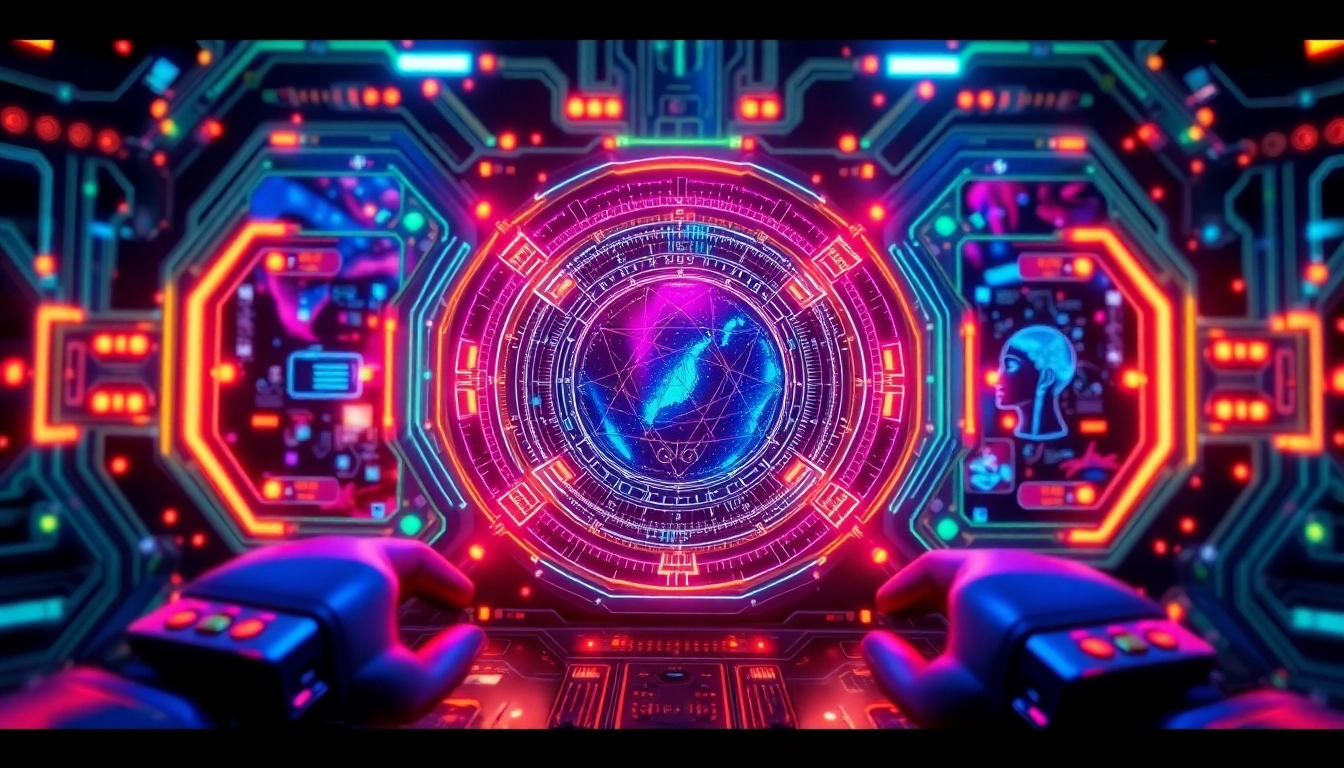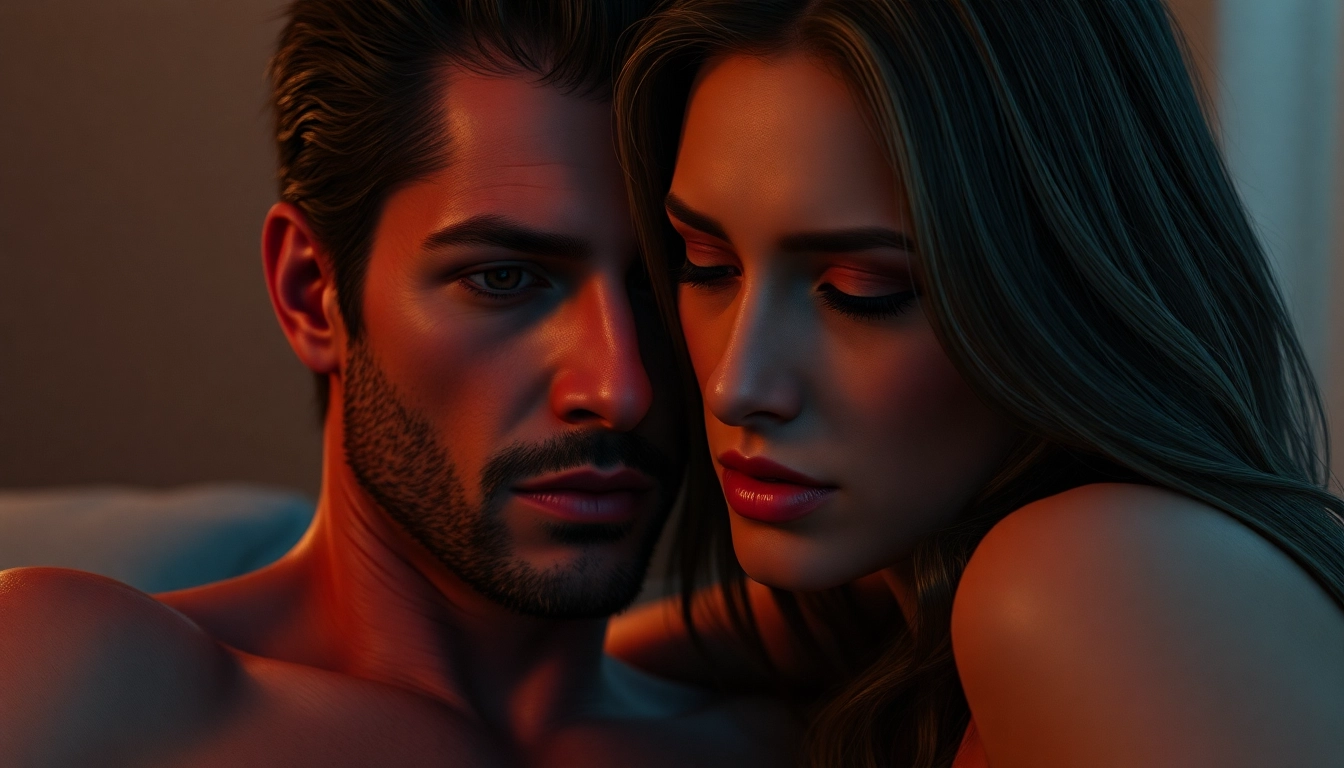
Harnessing the Power of AI Image Generators No Restrictions in 2025
Artificial intelligence continues to revolutionize creative industries, especially with the advent of AI image generators that offer unprecedented freedom in digital art creation. In 2025, the landscape is dominated by platforms that deliver ai image generator no restrictions, empowering users to produce highly personalized, unrestricted visuals without the typical limitations imposed by censorship or content filters. This evolution marks a significant departure from earlier AI tools with strict content guidelines, opening up a new realm of possibilities for artists, marketers, and enthusiasts alike to explore their imagination fully.
Understanding What Makes an AI Image Generator No Restrictions
Core features of unrestricted AI art tools
Unrestricted AI image tools are characterized by their ability to generate diverse and complex visuals from textual prompts without censoring content or applying content-based restrictions. Key features include:
- High Customization: Users can input detailed prompts, specifying style, mood, elements, or even controversial themes, resulting in highly tailored images.
- No Content Filters: Unlike restricted tools that censor certain keywords or themes, no-restriction platforms permit the creation of any visual concept, including NSFW or avant-garde art.
- Unlimited Usage: Many platforms allow repetitive generation, batch processing, and large-scale projects without limiting output or requiring paid subscriptions.
- Speed and Scale: Fast rendering times and the ability to produce multiple variants directly enhance creative productivity.
Risks and benefits of content freedom in AI generation
While unrestricted content fosters innovation and artistic authenticity, it also raises concerns regarding ethical, legal, and social boundaries. The benefits are substantial:
- Creativity Unleashed: Artists and designers can explore taboo, experimental, or controversial themes that restricted platforms would block.
- Enhanced Personalization: Users can craft visuals that precisely match their visions—vital for marketing, branding, and individual projects.
- Research and Education: Exploring sensitive or complex topics becomes more accessible for academic or social studies.
Conversely, risks include potential misuse, copyright infringement, or generation of harmful content, which necessitates responsible usage and robust community standards.
Differences between restricted and no-restriction platforms
The primary distinctions hinge on content governance and user control:
- Content Policies: Restricted platforms impose filters on themes like NSFW, violence, or politically sensitive material, whereas no-restriction tools remove these barriers.
- User Experience: No restrictions offer a more organic, flexible process, but may require users to exercise discretion and knowledge of safety practices.
- Legal Considerations: Restricted tools often comply with regulations automatically, while unrestricted ones shift responsibility to users for appropriate content management.
Technologically, unrestricted platforms leverage advanced diffusion models, refined algorithms, and optimized GPU processing to deliver high-quality results with minimal constraints.
Best Free and Paid AI Image Generators Without Restrictions in 2025
Perchance AI: Fast, Unlimited, No Sign-up
Perchance AI exemplifies the pinnacle of no-restriction AI art, providing a free, no-login, high-speed platform suitable for both amateurs and professionals. Its architecture allows massive batch processing, generating multiple high-resolution images from simple textual prompts in seconds. The platform’s openness makes it ideal for rapid experimentation, concept art, and even NSFW content creation, making it a go-to choice for those seeking creative freedom without financial barriers.
Raphael AI and Other Top No-Restriction Tools
Raphael AI offers unlimited, free image generation with no sign-up hurdles. It employs cutting-edge diffusion models to produce photorealistic visuals, supporting detailed prompts for hyper-specific outputs. Other notable tools in this category include CGDream and Brain Pod AI, which likewise emphasize no restrictions, high quality, and ease of use. Many of these platforms are optimized for personal projects, commercial prototypes, or experimental art.
Comparative features and performance metrics
When evaluating these tools, key metrics include:
- Output Quality: Top platforms deliver hyper-realistic images, highly detailed illustrations, or stylized artwork depending on the prompt. Raphael AI is renowned for its photorealism, while others excel in artistic styles.
- Processing Speed: No restriction tools like Perchance AI can generate images in seconds, facilitating high-volume workflows.
- Cost & Accessibility: Most are free with optional premium upgrades; some offer API integrations for enterprise use.
- Content Policies: Fully unrestricted tools avoid censorship, but users should be cautious with content legality and ethics.
How to Use AI Image Generator No Restrictions Safely and Effectively
Creating detailed prompts for unrestricted images
Crafting effective prompts is essential for unlocking the full potential of these tools. Techniques include:
- Clarity and Specificity: Use precise language to specify styles (e.g., photorealistic, abstract), elements, color schemes, or moods.
- Layered Descriptions: Break down complex scenes into multiple descriptive layers to guide the AI more accurately.
- Iterative Refinement: Generate preliminary images, analyze the results, then tweak prompts for enhancement. This iterative process optimizes output quality.
Tips for avoiding common pitfalls and restrictions
Despite no restrictions, users should be mindful of:
- Ambiguous Prompts: Vague prompts can produce inconsistent or undesired images—be as descriptive as needed.
- Overly Complex Requests: Excessively detailed prompts may confuse models; break complex ideas into manageable parts.
- Legal and Ethical Boundaries: Respect copyright, avoid creating illegal or harmful content, and consider societal impacts of generated images.
Best practices for privacy and security
To safeguard your digital rights and data:
- Use Trusted Platforms: Select well-reviewed tools with active communities and clear privacy policies.
- Limit Sensitive Inputs: Be cautious with personal or sensitive information in prompts, even on no-restriction platforms.
- Understand Data Policies: Ensure that generated images and input data are not stored or shared without consent.
Legal and Ethical Considerations of Unrestricted AI Art
Copyright implications and fair usage
Unrestricted platforms complicate copyright landscapes by enabling the creation of images that mimic styles or contain copyrighted elements. Users should be aware of:
- Ownership Rights: Clarify the licensing terms—whether the platform grants ownership or if generated images are in the public domain.
- Derivative Works: Using AI-generated art for commercial purposes may entail legal considerations, especially if prompts replicate existing copyrighted works.
- Attribution: Some platforms require or recommend attribution for the outputs, while others do not enforce this.
Managing sensitive and NSFW content responsibly
While no restrictions open doors for NSFW content, ethical use involves:
- Respect for Consent: Avoid creating or sharing content involving non-consenting individuals or illegal themes.
- Community Standards: Abstain from producing violent, hateful, or harmful visuals, recognizing the potential societal impact.
- Legal Compliance: Be aware of local laws surrounding explicit content and digital artifacts.
Future legal trends in unrestricted AI image generation
Legal frameworks are evolving rapidly. Anticipated trends include:
- Regulatory Oversight: Governments may implement stricter regulations on AI content, especially NSFW or controversial imagery.
- Licensing Models: Platforms could adopt licensing schemes to balance creative freedom and legal responsibility.
- Industry Standards: Development of industry-wide standards for responsible AI art generation to uphold copyright and ethical norms.
Future Trends and Innovations in No-Restriction AI Image Tools
Emerging platforms and technological breakthroughs
Innovation in AI art continues at a breakneck pace, with upcoming developments including:
- Multimodal Integration: Seamless blending of text, images, and audio inputs to create comprehensive multimedia projects.
- Real-time Image Generation: Instantaneous visuals suitable for live content creation, gaming, and virtual environments.
- Enhanced Resolution & Fidelity: Future models will support ultra-high-definition outputs suitable for large-scale printing and professional work.
Integration of AI chat and visual content creation
Combining sophisticated AI chatbots with unrestricted image generation will forge immersive creative ecosystems. Examples include:
- Interactive Storytelling: Chat-based prompts that generate corresponding visuals for engaging narratives.
- Personalized Virtual Environments: Users will craft their worlds with both conversational AI and unrestricted visuals, perfect for gaming, education, or therapy.
- Collaborative Art Platforms: Communities working together using unrestricted AI tools to co-create complex projects.
How unrestricted tools will impact digital creativity in 2025 and beyond
The implications are profound:
- Democratization of Art: Lower barriers to entry enable anyone with internet access to produce professional-grade images.
- Rapid Prototyping and Design: Accelerated workflows in advertising, fashion, and entertainment industries.
- Ethical Challenges: Necessity for responsible AI use, robust moderation, and legal safeguards to prevent misuse.
These advances promise a future where human creativity is augmented by AI’s limitless potential, fostering new forms of expression and collaboration across disciplines.








